An unplanned adventure
"We are fully booked," she said with an apologetic smile while shaking her head. The lady behind the counter in the minimalist foyer looked at us and shrugged, confirming there was nothing more that could be done.
The lady had probably marveled that two eighteen-year-olds had traveled to Berlin without pre-booking accommodation, at the busiest time of the year. This was just one of many places we had asked for accommodation.
A little later we hung in each of our hammocks in a nearby park and looked up at the sky. Our adventure with DiscoverEU had just started.
We got to Berlin with the help of interrail tickets. We had won in the DiscoverEU competition, and it was a fantastic arrangement for us who were happy to not needing to worry about tickets along the way. On the trip to Berlin, both high-speed trains and reserved seats were on the list of things we had given up on. We had decided to take one day at a time, without much planning of the next steps.
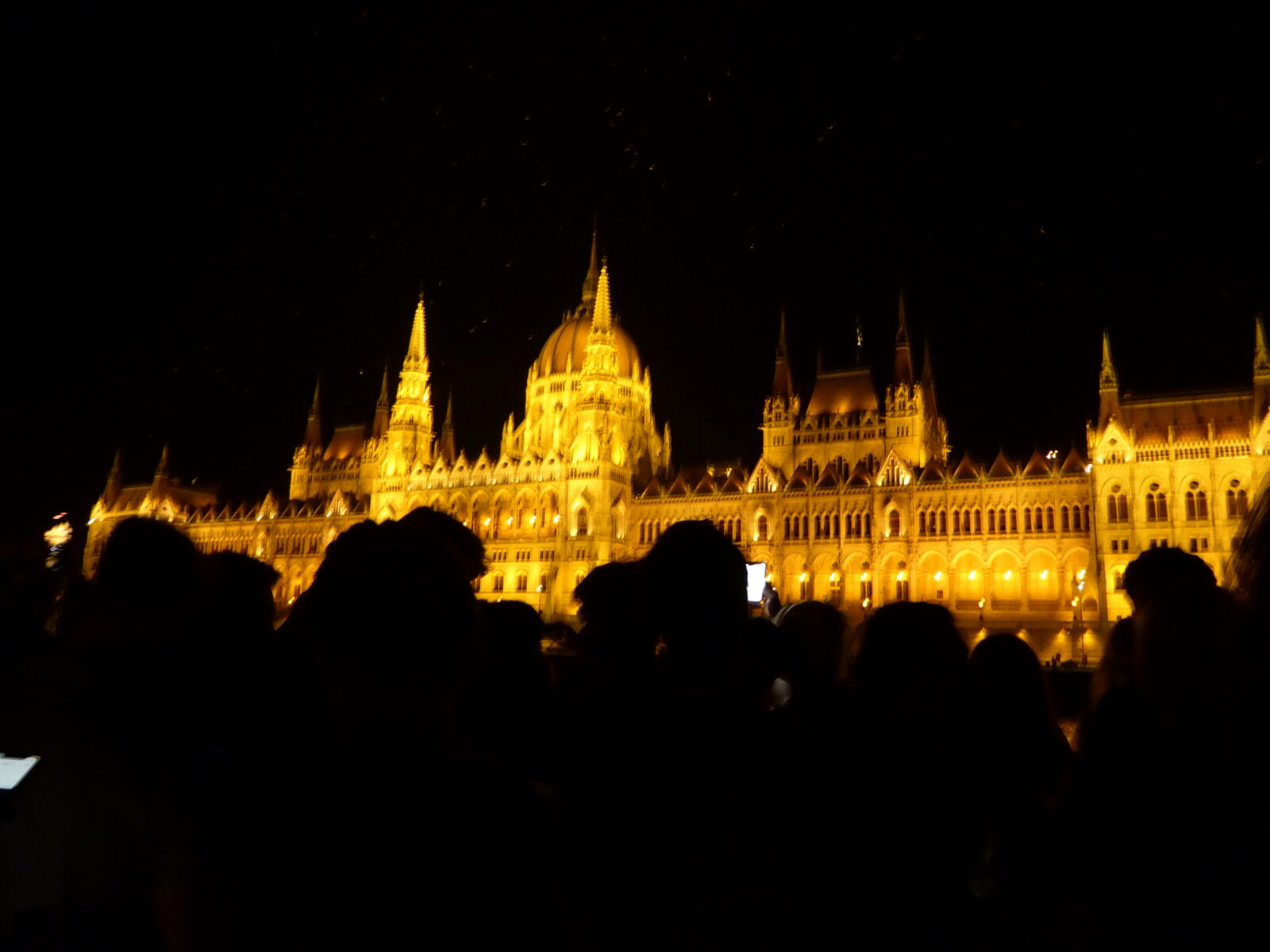
Interrail is really much more than a ticket. It has an older meaning that arouses emotions in many of those who are a little older than me. From the 70s until well into the 90s, interrail was a complete way of traveling among European youth. For some it was a way of life.
Unlike today's carefully planned plane holidays, 20th century interrailers hopped on the train with a backpack, little money, a guidebook and no plan. They jumped on and off trains as it suited them, and it is said that there were few who traveled more than young Norwegians. This summer we wanted to travel a little more like the iconic interrailers - only with a bigger backpack, bigger wallet and bigger guidebook.
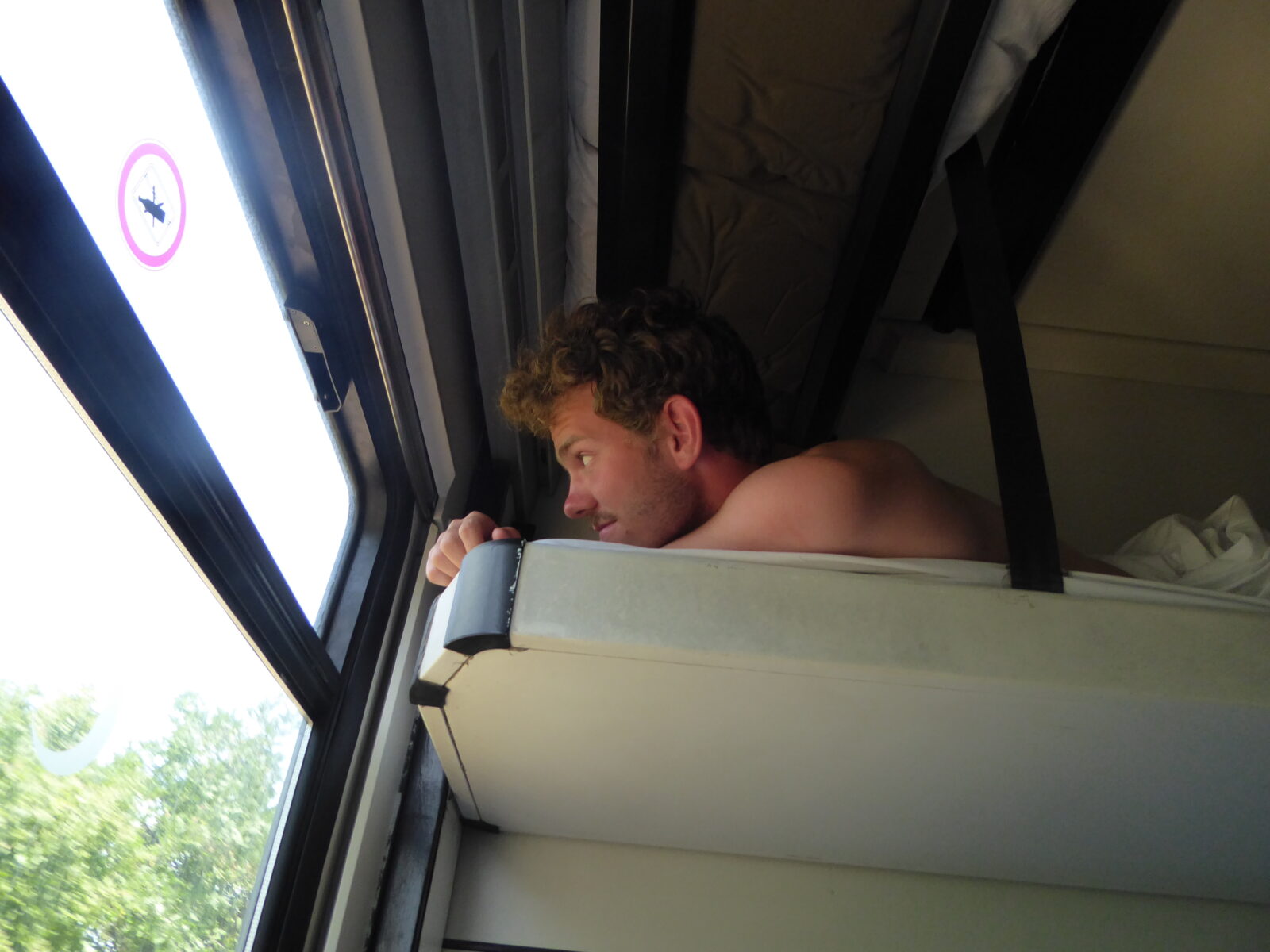
The beginning of July marked the start of our journey when we boarded the train from Oslo to Gothenburg. Together with my friend, I brought a set of cards from the board game Ticket to Ride. With excitement we drew a card that showed "Sofia - Smyrna". At that moment the dreams of Spain, Italy, Portugal and France faded away. Eastward was the path fate had chosen for us.
In Copenhagen, on our first stop, our guidebook recommended a visit to Christiania – a city without laws, cars and photography. Fristaden is a unique universe where it feels as if time has lost it’s meaning. So calm and so free. The people there lived in line with our interrail-spirit, carefree and without a fixed plan. On a bench we met one of the district's central figures, Ole Lykke Andersen. The man with the long gray hair has a warm smile. He has lived there since the occupation in 1971 and participated in the development of the district.
The countless anarchist's recommendations was clear: "travel where no one else travels." As well known in Christiania, he recommended us to go for a walk along the water and enjoy the summer. "There are plenty of them who get stuck in tourist traps and shops."We took his advice to heart and spent the first day at the water's edge among free spirit and chirping birds.
The dream of getting away from the mass of holidaymakers is probably as old as tourism itself. The tourist who gets annoyed at how many tourists have found their way to their hidden gem is a well-known figure that many of us can recognize.
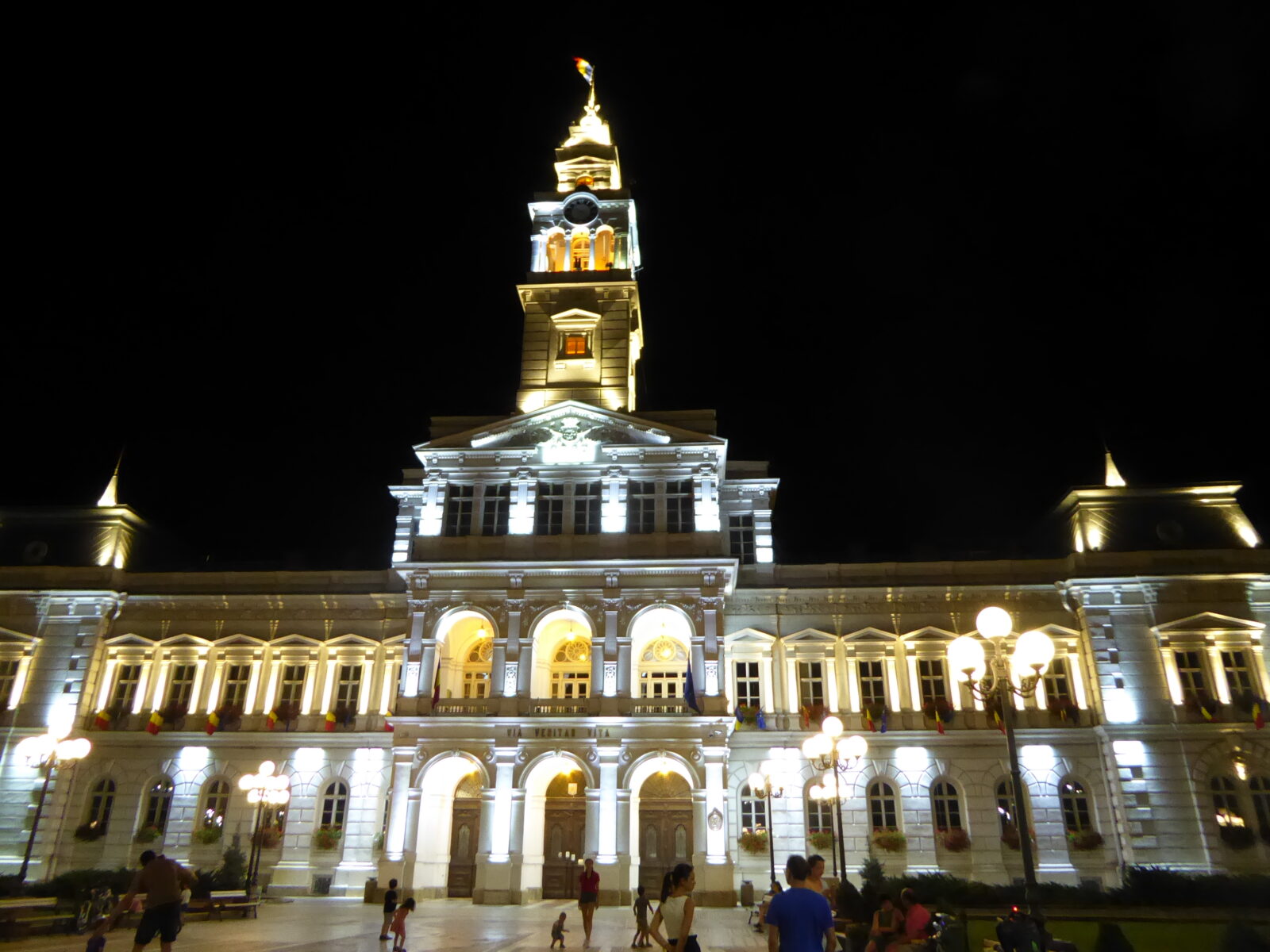
After two nights under the open sky in Berlin, we arrived in Prague with anticipation and curiosity. But when the masses of tourists washed towards us, it became clear to us that it was time to seek peace beyond the hectic pulse of the capital. Our escape from the crowds brought us to a hidden gem in the form of the picturesque town of Roudnice nad Labem – a Prague in miniature with its architectural details.
The historic Czech city reveals a variety of different architectural styles that reflect different time periods and cultures. The town has cobbled streets and older buildings, including small houses and towers from the Middle Ages that have survived over time. Still, we were the only tourists to be seen.
In the hustle and bustle of the big city, people don't have time to get to know new people, but in this small Czech town along the banks of the Elbe, time seemed to have slowed down. People opened their arms to us and we were allowed to spend the night for free in a small free church and the people we met there were happy to show us around the city and prepare meals for us. Even though they had their busy lives, they had all the time in the world for us.
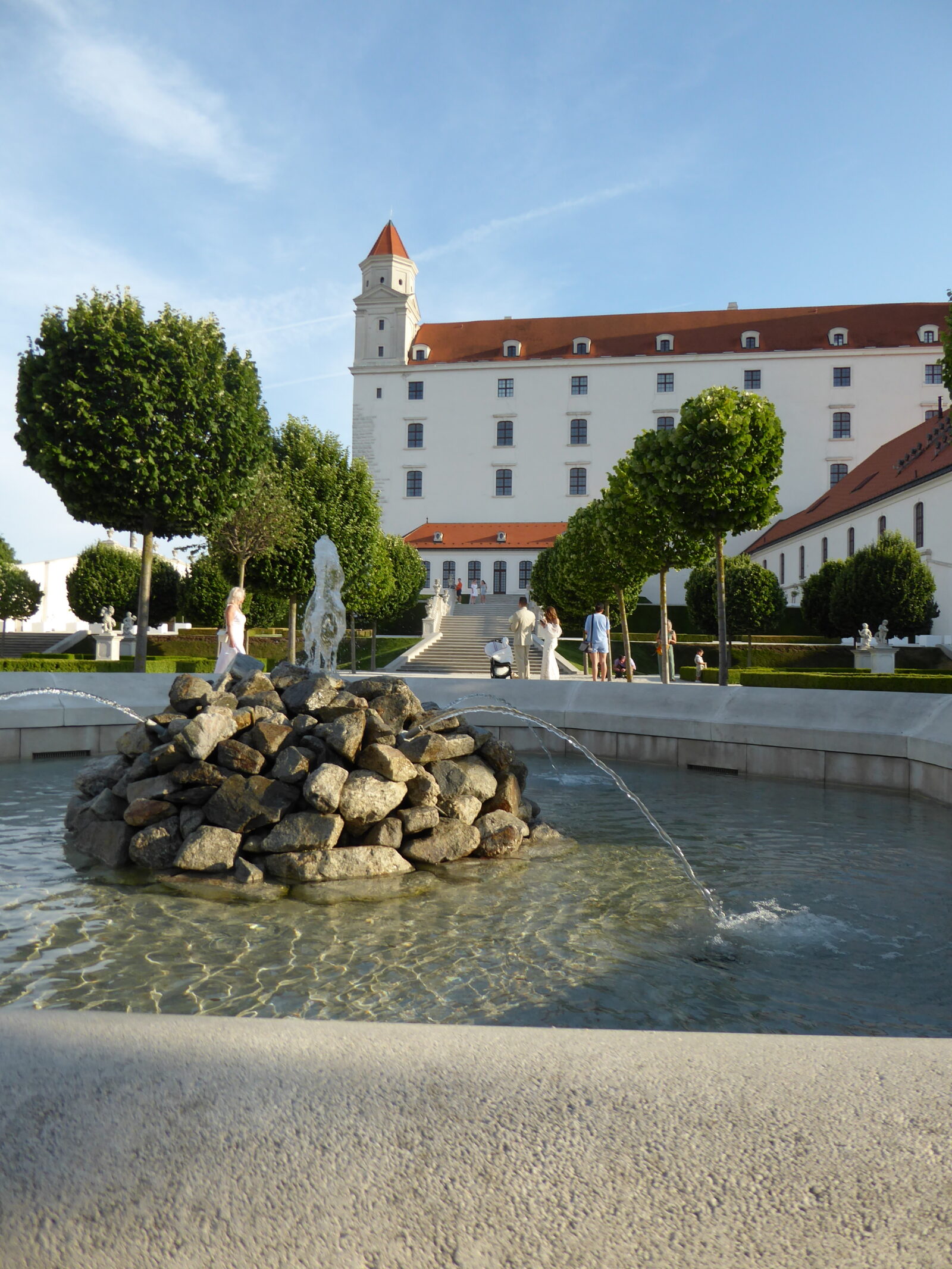
The journey from Budapest to Istanbul was made on slow-moving local trains. The test of patience taught us to appreciate traveling slowly. While fast trains had only allowed us to see a view for two seconds before it got dark again, the local trains in Romania and Bulgaria could open up a new dimension. The enchanting landscapes outlined through the train window were not just moments that disappeared in speed, but moments that bent around time.
The freedom that arises when you move without a set route, and yet see things fall into place, is a feeling that is difficult to describe in words. The journey to Timisoara in Romania became a challenge due to the unbearable heat. Because of that, we decided to jump off the train earlier than planned, and it turned out that our stay in the modest city of Arad was going to be an unforgettable one. That was the most beautiful thing about traveling along – the unexpected took us to places we never knew we wanted to explore. It was these places that stuck as the very greatest experiences.
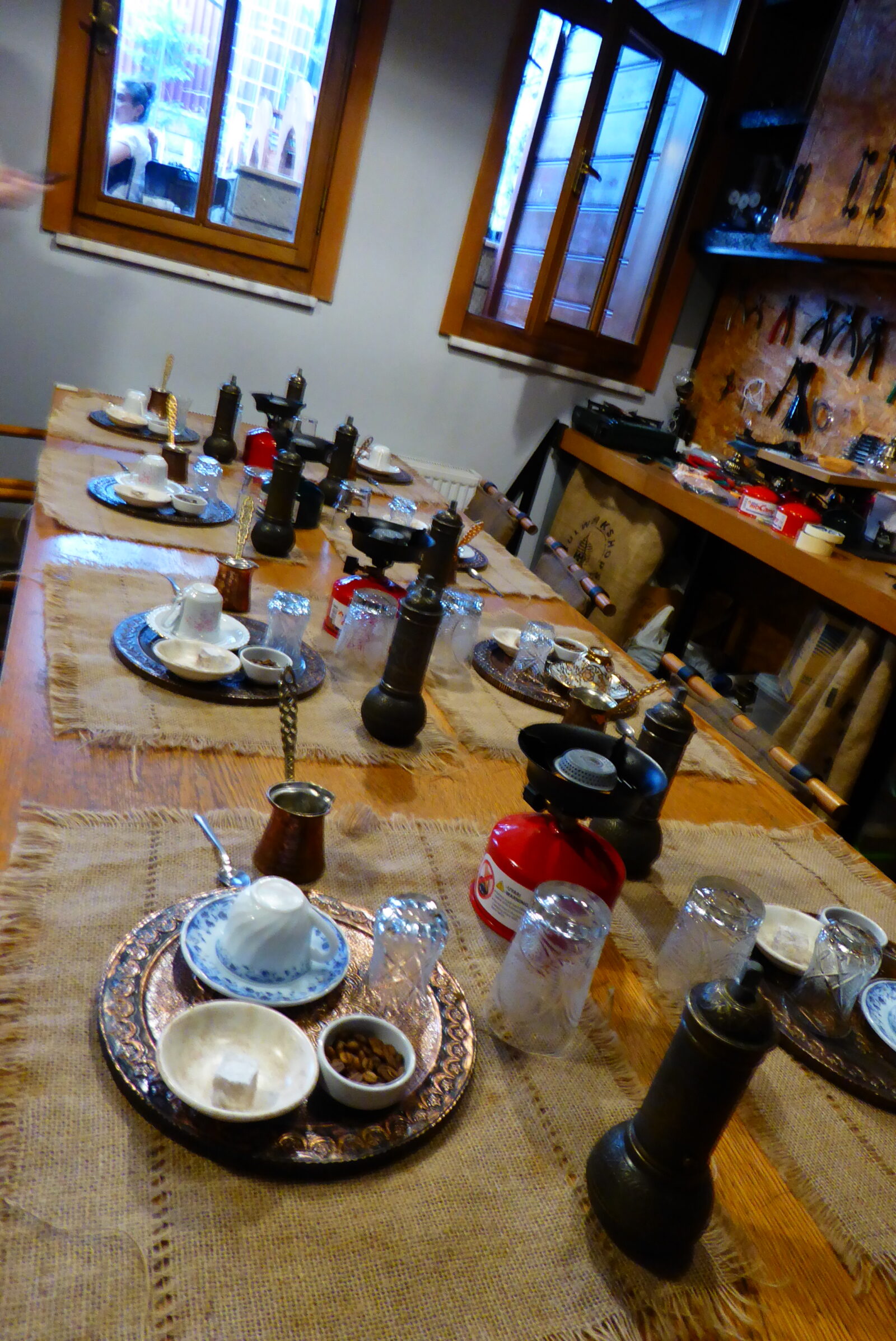
We finally found ourselves in Sofia, and we had reached our first goal. The card from Ticket to ride had said "Sofia - Smyrna," but after realizing we would never make it to Smyrna, Istanbul became an acceptable substitute.
A few days later we rolled into the metropolis, ringed by mosques and skyscrapers. The morning light broke through the horizon, and the clock showed early morning, 05:30. We had initially thought that Istanbul would be the final stop of the journey before the journey home, but after just two days filled with kebab dishes, sweet baklava and Turkish coffee, the wanderlust kicked in. On the third day we left the city of millions. Once again we felt the desire of getting to a place that passes in the shadow of others' attention. When we finally got off the bus in Şile, on the Black Sea coast, we were sure we had found just that. It was finally here. Finally quiet.
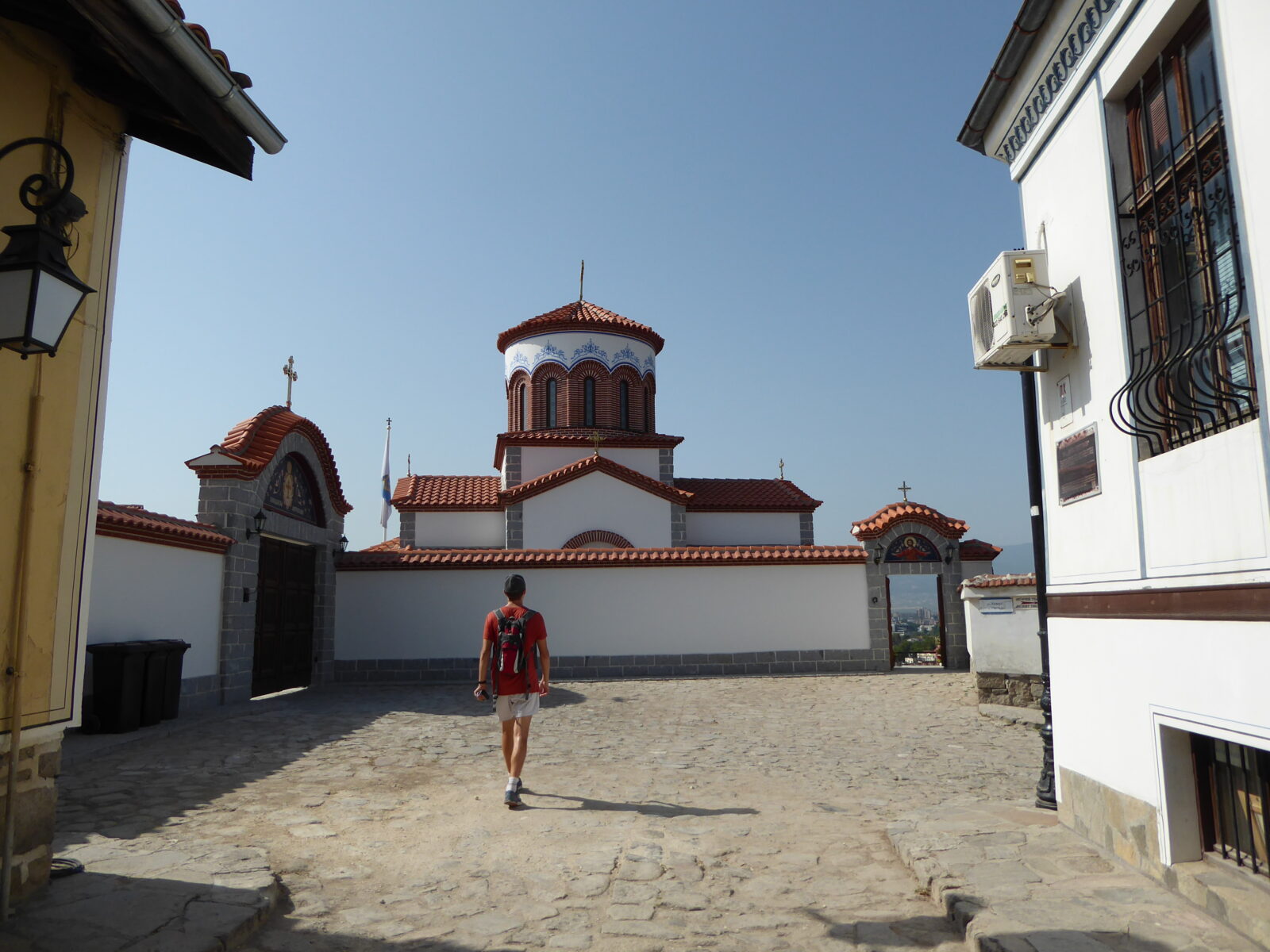
To the sound of waves lapping against the beach, we found peace. It was the reward for letting the journey lead us to places rarely seen or discovered. It’s tempting to say that we have traveled on the road less traveled and done something completely unique, but that would not been entirely true. Because we have met many travelers along our way.
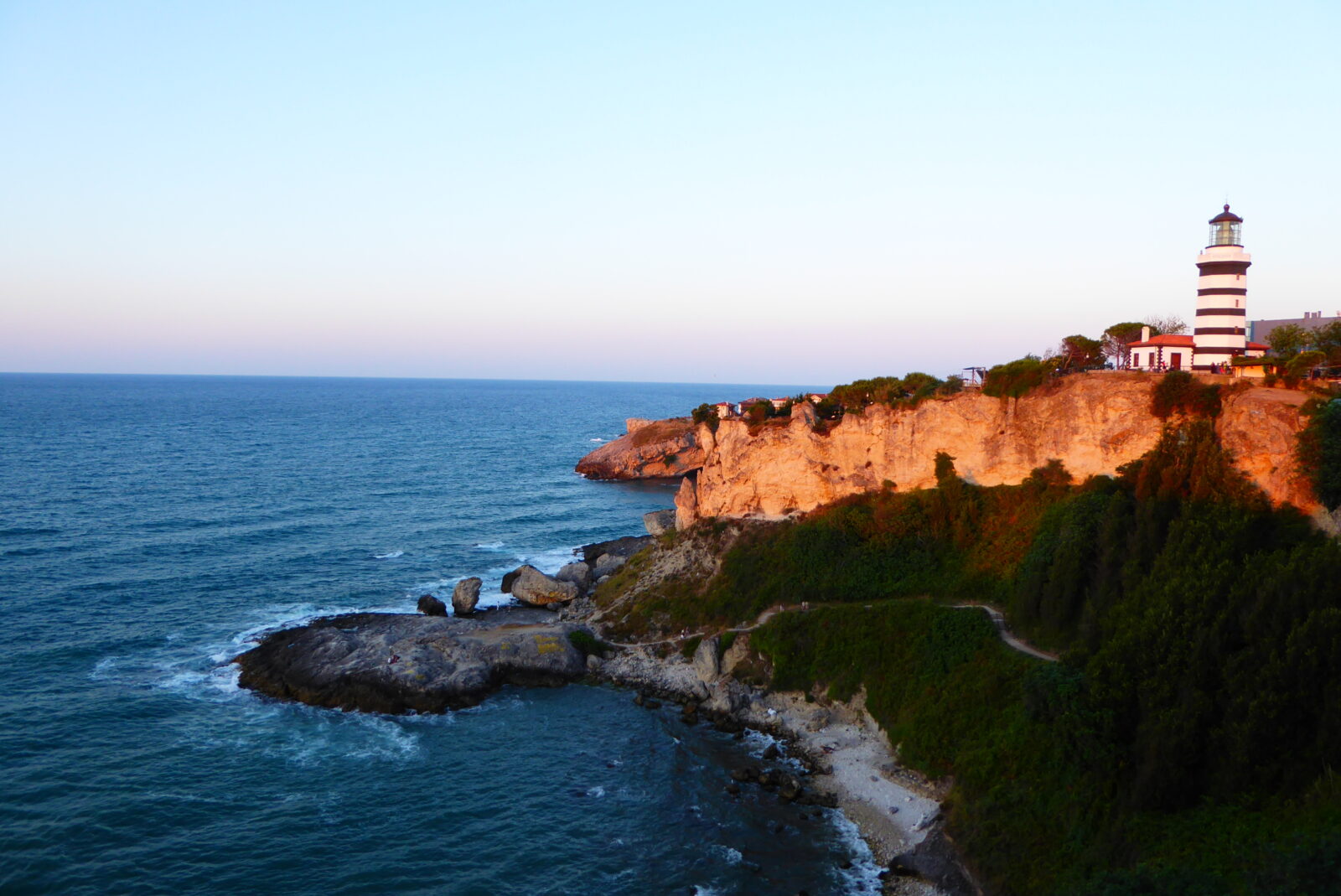
Among us were fellow travelers who also traveled without too much on their agenda. Some of them we barely exchanged a word with, while others we kept up with for a day or two. In any case, the choice of the unpredictable and the unplanned was never a lonely path. In the hustle and bustle, you slip past many meetings with people, magnificent places and hidden treasures. That is why you should travel slowly.
Written by
William Matteus Fonn